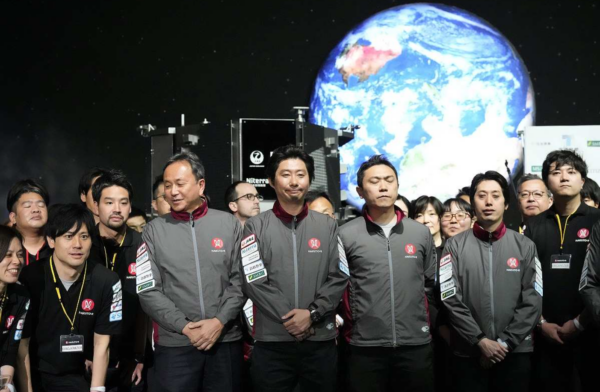Wednesday’s attempt by the Tokyo-based space exploration venture ispace Inc. to accomplish the world’s first private lunar landing failed.
The company reported that its lunar lander, which was launched in December by the Falcon 9 rocket of U.S. spacecraft manufacturer SpaceX, attempted to land on the moon in the wee hours of Wednesday morning Japan time, but communication with it was lost shortly thereafter.
It is highly probable that the lander collided with the moon’s surface.
“We were able to obtain data until just before the landing, and that was a very significant achievement, a major step toward the next stage,” ispace CEO Takeshi Hakamada stated at a press conference, indicating a push for the launch of a successor lander in 2024 or later.
Wednesday at 12:40 a.m. (3:40 p.m. Tuesday GMT), the lunar spacecraft, which was orbiting the moon at an altitude of approximately 100 kilometers, began to descend.

The investigation vehicle was scheduled to land at 1:40 a.m. the same day near the Atlas crater in an area known as Mare Frigoris, or Sea of Cold, after spending approximately an hour slowing down.
The spacecraft was operating normally until the final thrust was initiated at an altitude of approximately 20 kilometers approximately 20 minutes prior to the scheduled landing time.

